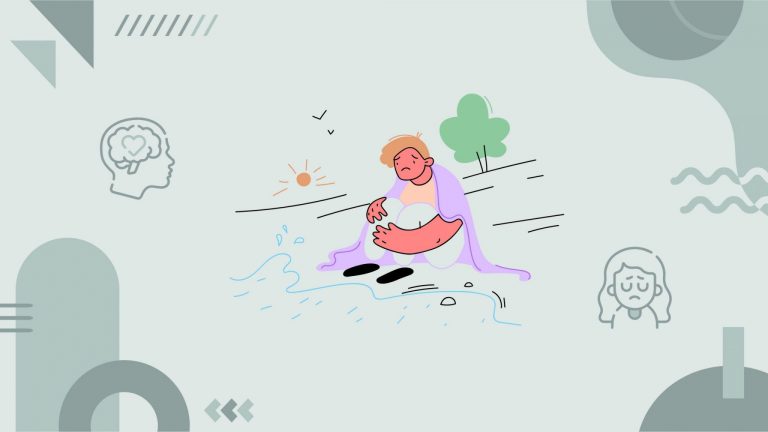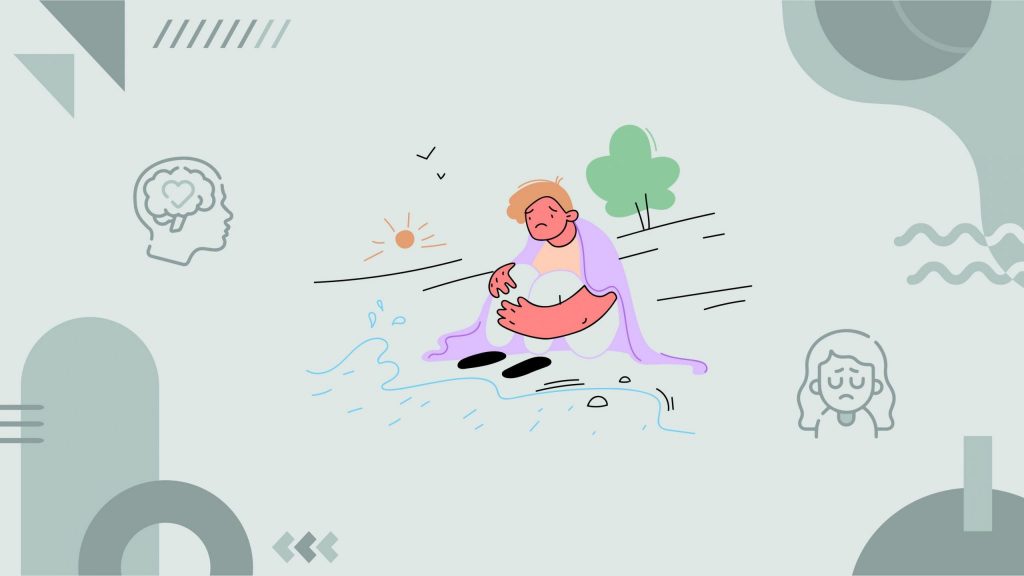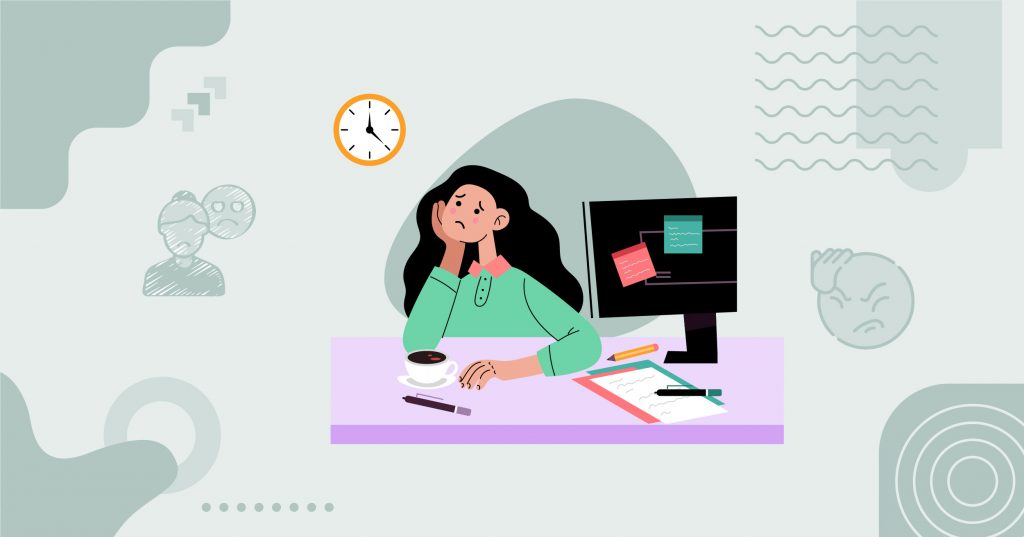Why Does Everyone Hate Me
Ever felt like you’re under a microscope, scrutinized by invisible critics? You’re not alone. Many of us walk into a room and feel a surge of anxiety, as if every glance is a silent critique. We might stumble upon a casual remark online and it feels like a sharp jab aimed directly at us. Or day by day, we carry a nagging suspicion that somehow, everyone just doesn’t seem to like us. It’s not just occasional self-doubt; for some, it’s like facing an unseen adversary every day, casting a shadow over social interactions, clouding professional performances, and dampening life’s joys.
This battle with an invisible foe is more than discomforting; it can twist our perception of social cues, straining friendships and work relations, and draining the joy out of interactions that should be fulfilling. Overcoming this pervasive feeling of being judged is crucial, not just for peace of mind but for the quality of our relationships and our overall well-being. Let’s peel back the curtain on this ghostly presence and find strategies to banish it from our everyday interactions.
The Science of “Everyone is Against Me” Mindset
Ever wonder why we sometimes feel like the odd one out, disliked, or judged, even when all signs point to the contrary? It’s not just in our heads—or rather, it is, but in a more complex way than we might think. Deep within the brain, nestled in our neural circuits, lies the crux of this social paranoia.
Central to this phenomenon is our amygdala, often dubbed the brain’s alarm system. For some of us, this little cluster of neurons is like a hyperactive guard dog, quick to perceive a threat in even the most harmless social interactions. This can lead to what feels like an ever-present sense of judgment or hostility from others, even when none exists. It’s as though our brain sets off false alarms that we are being disliked or scrutinized, making everyday social situations feel like walking through a minefield.
But the plot thickens with our neurochemistry. Imbalances in key neurotransmitters—serotonin and dopamine—play significant roles here. These chemicals help regulate our mood and emotions, and when they’re out of sync, our social lens can distort, magnifying fears and underscoring negative perceptions. We become more attuned to criticism, real or imagined, and less receptive to positive feedback.
Adding another layer, our cognitive biases like ‘confirmation bias’ and ‘negative bias’ act like filters coloring our view of social interactions. These biases can trick us into collecting evidence of our fears while ignoring contradicting signals, reinforcing our sense of isolation or judgment.
Subscribe to newsletter
Get your Gut Health Starter Guide right now.
Elevate your Tuesdays with practical, science-backed wisdom propelling you forward on your gut health journey.

Strategies for Change
If you often feel besieged by thoughts that everyone hates you, there are actionable steps you can take to challenge and change this perception:
- Reflect and Rationalize: Begin by identifying specific instances that trigger your feelings of being disliked and critically assess these situations. Are there alternate, less negative interpretations? Is there concrete evidence that supports your feelings, or could your mind be exaggerating the negativity?
- Cognitive-Behavioral Techniques: Employ cognitive-behavioral strategies to counteract negative thoughts. Techniques like cognitive restructuring can help you challenge and change the destructive thought patterns that fuel your fears.
- Build Emotional Resilience: Engaging in regular emotional resilience-building activities such as mindfulness meditation, stress management exercises, and resilience training can reduce the intensity of emotional reactions to perceived social slights.
- Foster Real Connections: Actively seek out and nurture positive social interactions. Join groups or activities where you can form genuine connections based on shared interests. This can provide more realistic feedback from social environments, challenging your negative perceptions.
- Seek Professional Help: If the feelings are overwhelming or debilitating, consulting a mental health professional can provide additional strategies and support, such as therapy or medication, to manage anxiety and improve social perception.
Battle Against Signs Someone Hates You
Meet Emily, whose work life once felt like navigating a labyrinth of judgment and disapproval. At 28, working as a marketing assistant, Emily often felt like an outsider in her office. She was haunted by a persistent worry that her colleagues disliked her, a suspicion that turned her daily job into a series of lonely moments and silent lunches.
The breakthrough came when Emily, tired of feeling sidelined and misunderstood, decided to tackle her anxieties head-on with cognitive-behavioral therapy (CBT). CBT wasn’t just about talking; it was about reshaping her entire outlook. “I learned to challenge my automatic thoughts and the validity of my assumptions,” she explains. This therapeutic journey illuminated the distortions in her thinking, revealing that her perceived isolation was more self-imposed than real.
Armed with new strategies and a clearer understanding of social cues, Emily began to take small but significant steps towards her colleagues. She started with casual greetings each morning and, over time, worked her way to joining group lunches and contributing to conversations. “Each positive interaction was a building block, reconstructing my confidence and place within the team,” she recounts.
As Emily integrated herself more into the fabric of her office life, the imaginary walls of judgment crumbled. She found that most of her fears were unfounded, and her openness invited warmth and camaraderie from her colleagues. “It was like watching the fog lift, revealing a landscape of friendly faces and potential friendships that had always been there,” she joyfully shares.


















